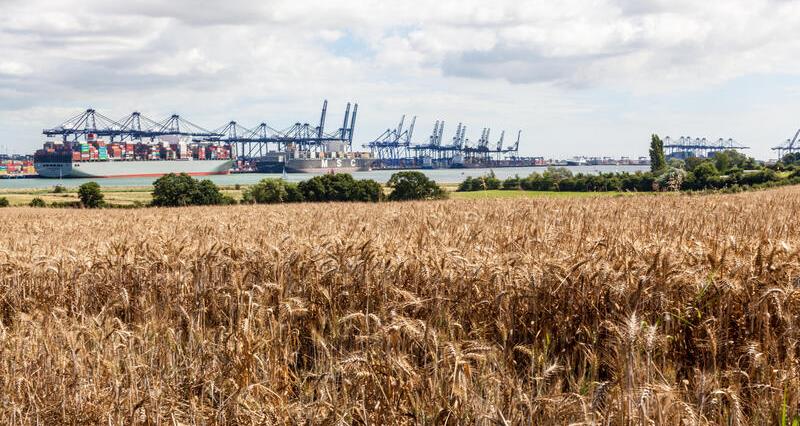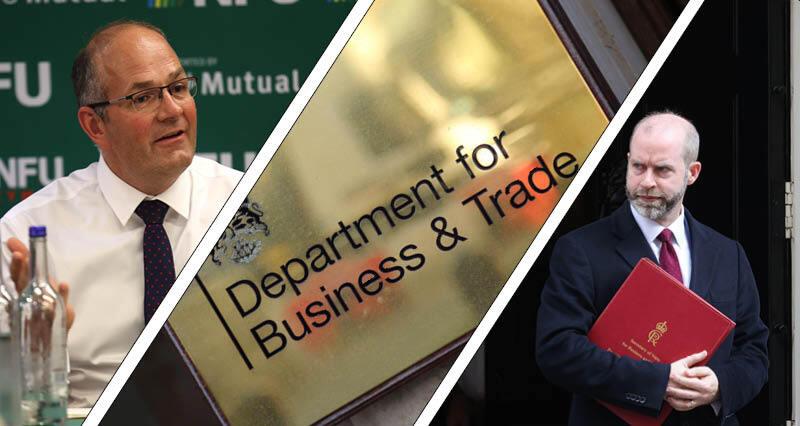Specifically, the US will have access to the UK beef market through a tariff rate quota of 13,000t (shipped weight) hormone-free beef.
In return, the UK will gain 13,000t of ring-fenced access to the US beef market. The US will have access to 1.4 billion litres of duty free ethanol.
Remaining tariffs are unchanged, and the US 10% additional tariff continues to apply on all UK exports to the USA.
The conclusion of the trade deal follows the introduction of new import taxes on all goods entering the US, which President Trump announced at the beginning of April. Tariffs of 10% were introduced with President Trump describing the new measures as “reciprocal” and needed to rectify trade imbalances such as duties, non-tariff barriers and trade deficits.
Working closely with government
Responding to the news, NFU President Tom Bradshaw said: “We find ourselves in this position as a direct result of tariffs introduced by the US administration in April. This is not something anybody wanted.
“Since then, we have worked tirelessly on behalf of British agriculture, engaging closely with the UK government to ensure our farmers receive a fair and balanced outcome within this deal and that the public is not exposed to lower standard produce.
“We appreciate the government’s efforts in listening to our concerns, particularly around maintaining high standards, protecting sensitive agricultural sectors and securing reciprocal access for beef.
“Our biggest concern is that two agricultural sectors have been singled out to shoulder the heavy burden of the removal of tariffs for other industries in the economy”.
NFU President Tom Bradshaw
“For several years, we’ve campaigned with the UK’s agricultural attachés in Washington for market access for British beef, a product globally respected for its quality and strong environmental credentials. These efforts have contributed to enabling the UK government to secure ring-fenced access for British beef exports to the US.
“However, the inclusion of a significant volume of bioethanol in the deal raises concerns for British arable farmers.”
Biofuels are extremely important for the crops sector, and their domestic demand of up to 2 million tonnes can be very important to balance supply and demand and to produce up to one million tons of animal feed as a by-product. Therefore, opening up our ethanol market to such volume could translate into the loss of this profitable outlet for our arable growers.
Today is the start, not the end
“We are working through what this means for the viability of the domestic bioethanol production and therefore the potential impact on our members,” Tom added.
“Our biggest concern is that two agricultural sectors have been singled out to shoulder the heavy burden of the removal of tariffs for other industries in the economy. While we understand this, we also know that today is the start, not the end, of a process and UK agriculture cannot continue to shoulder such imbalances in future negotiations.”
What happens next?
Further tariff negotiations have been paused for now, with no clear timescale when they will be picked up again.
More from �ʼһ���:

Retaliatory tariffs on US goods – NFU responds to government consultation


